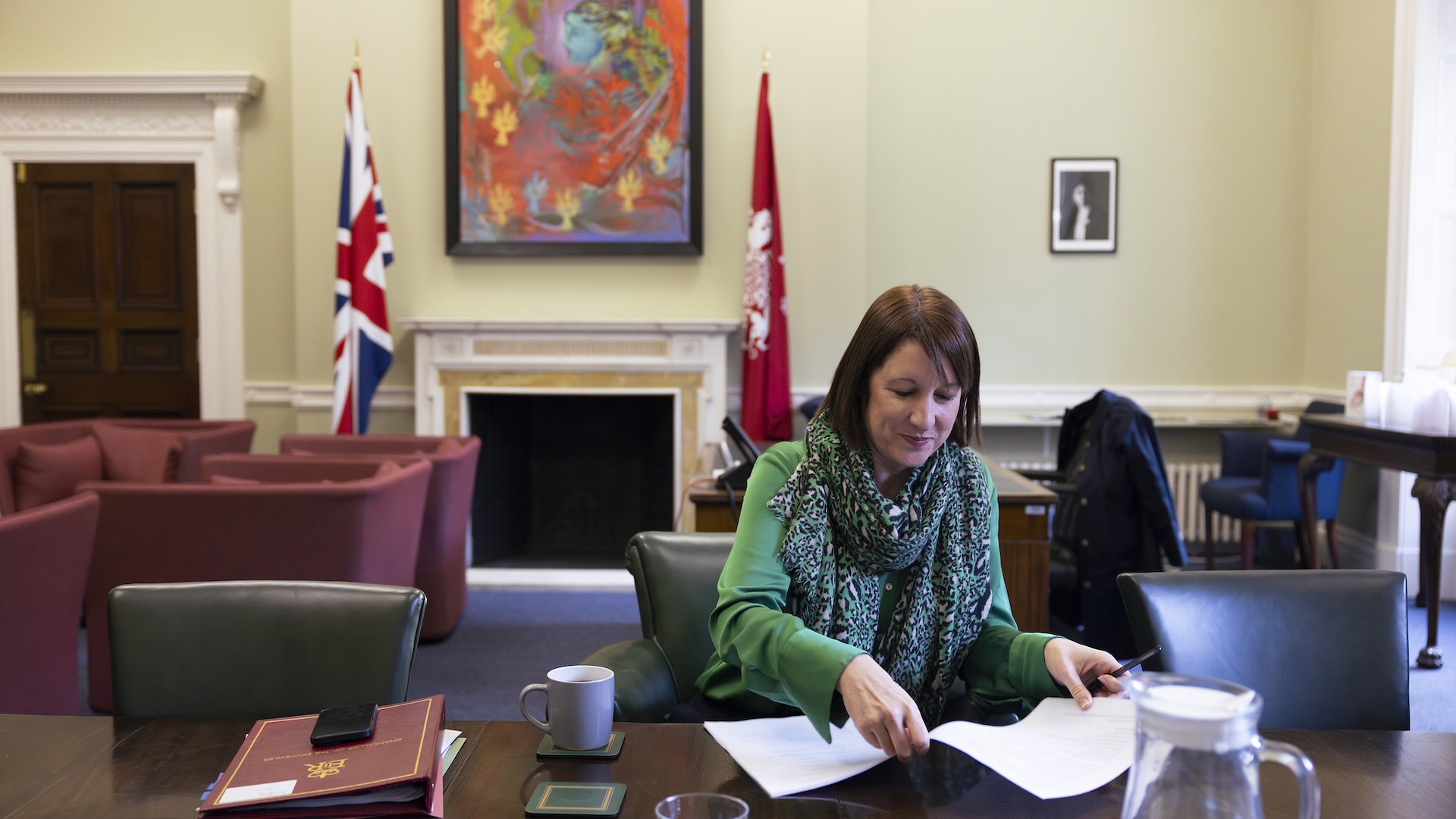For example, there will be a raising of carer’s allowance – which the government says is the largest increase to the earnings limit since it was introduced in 1976.
The army of dedicated informal carers across the country too often goes unnoticed in mainstream politics, so it’s positive to see acknowledgement backed up by real action.
But then there are many others which fall short of what’s required.
Take the £1bn boost to special educational needs. Although additional funding for this crises-stricken area is of course welcome, it’s well under the £5bn cumulative deficit the National Audit Office say is facing councils by 2029 and lacks the accompanying reform needed to fix this truly broken system.
Or the £86m increase to the disabled facilities grant to support more home adaptations for those who need social care. Again, £86m is never a drop in the ocean, but according to our own analysis, this still represents a funding gap of some £440m.
And of course, this government’s lack of any new ideas on welfare reform represents putting a desire to save money over the needs of some of those in society most in need of support.
Viewed in isolation, these policies along with the absence of further money for disabled people, those with long-term sickness and carers, will not do nearly enough.
But we hope that this is just the first step on this government’s journey towards improving the way society responds to the needs of disabled people, because much, much more is needed.
Considering, for example, this government’s much advertised ambition of making the UK’s economy the fastest growing in the G7, it is surprising to see few incentives for employers to drive increased employment among disabled people and carers, backed up by real welfare reform.
This is something we at the Disability Policy Centre have been researching ahead of the budget. Our analysis found that reforms to remove barriers to work could result in a cumulative gain of £20bn for the exchequer by the end of this parliament.
This would go some way towards closing the £38bn employment gap currently being experienced by disabled people and carers as well as, more importantly, ensuring that we all have the opportunity to live the life we choose.
We proposed three key reforms in our package of ‘non-friction jobs’, including a reduction in national insurance contributions to incentivise employers, a super-deduction for occupational health to drive improvements in reasonable adjustments and a social outcomes fund to provide more guarantees to support people into long-term employment.
This may seem ambitious, but so it should. Disabled people have been neglected by policymakers and it is time we see a radical shift in government thinking.
This autumn budget was a start, but not much more. Next we need to see a commitment from this government to root and branch reform to our education, welfare, social care and transport systems to name a few.
The first meaningful way they can do this is by better engaging the disability sector as a whole to hear from those who know best how to repair our broken system.
The Disability Policy Centre will be holding an event in parliament on 27 November to discuss these themes further and we’d urge any government official reading this piece to get in touch.
Chloe Schendel-Wilson is director and co-founder of the Disability Policy Centre.
Do you have a story to tell or opinions to share about this? Get in touch and tell us more. Big Issue exists to give homeless and marginalised people the opportunity to earn an income. To support our work buy a copy of the magazine or get the app from the App Store or Google Play.
Big Issue is demanding an end to extreme poverty. Will you ask your MP to join us?









